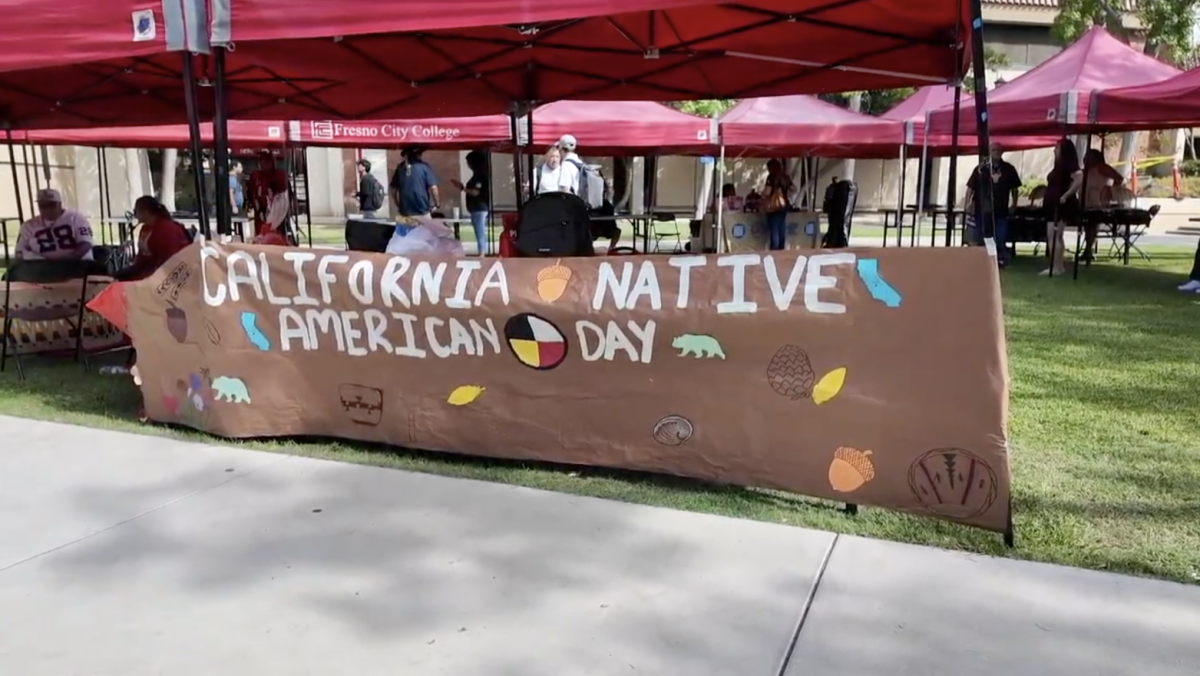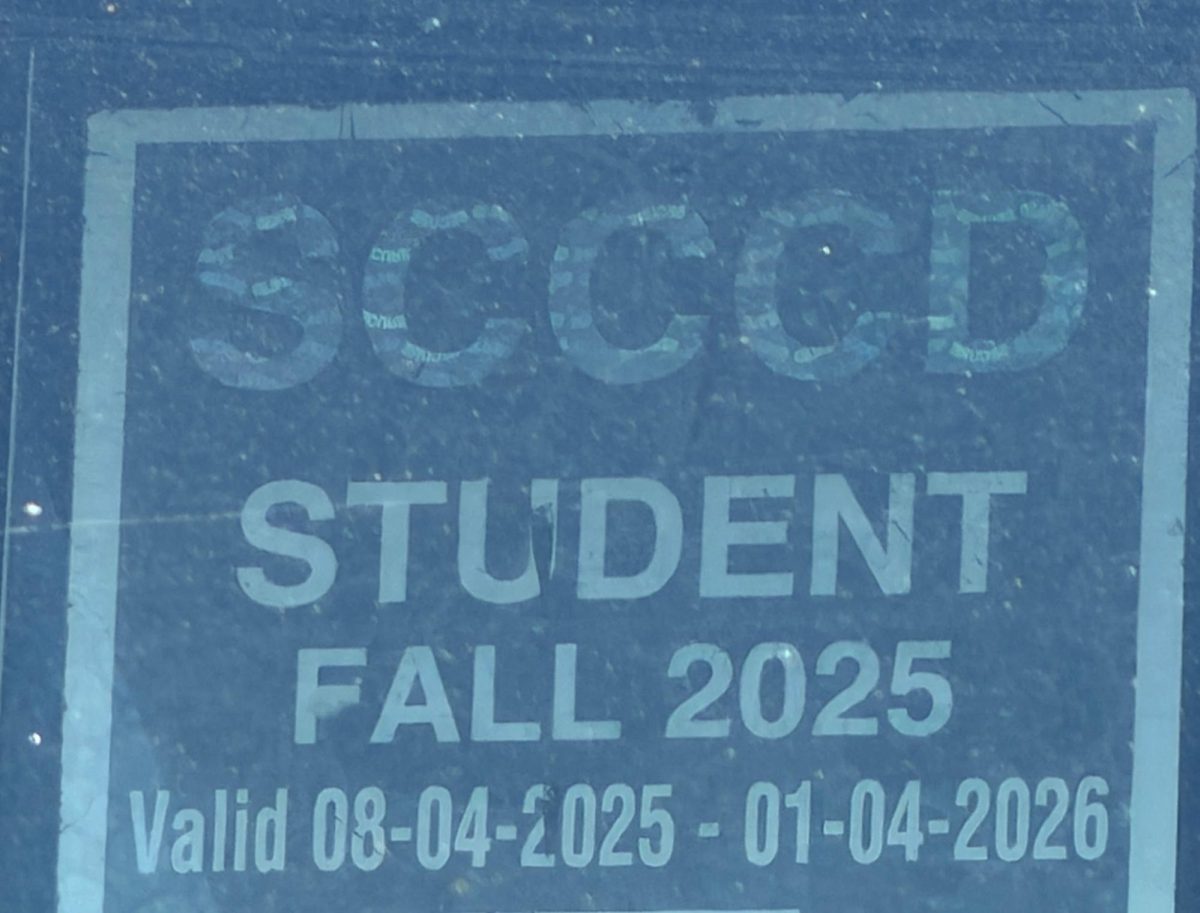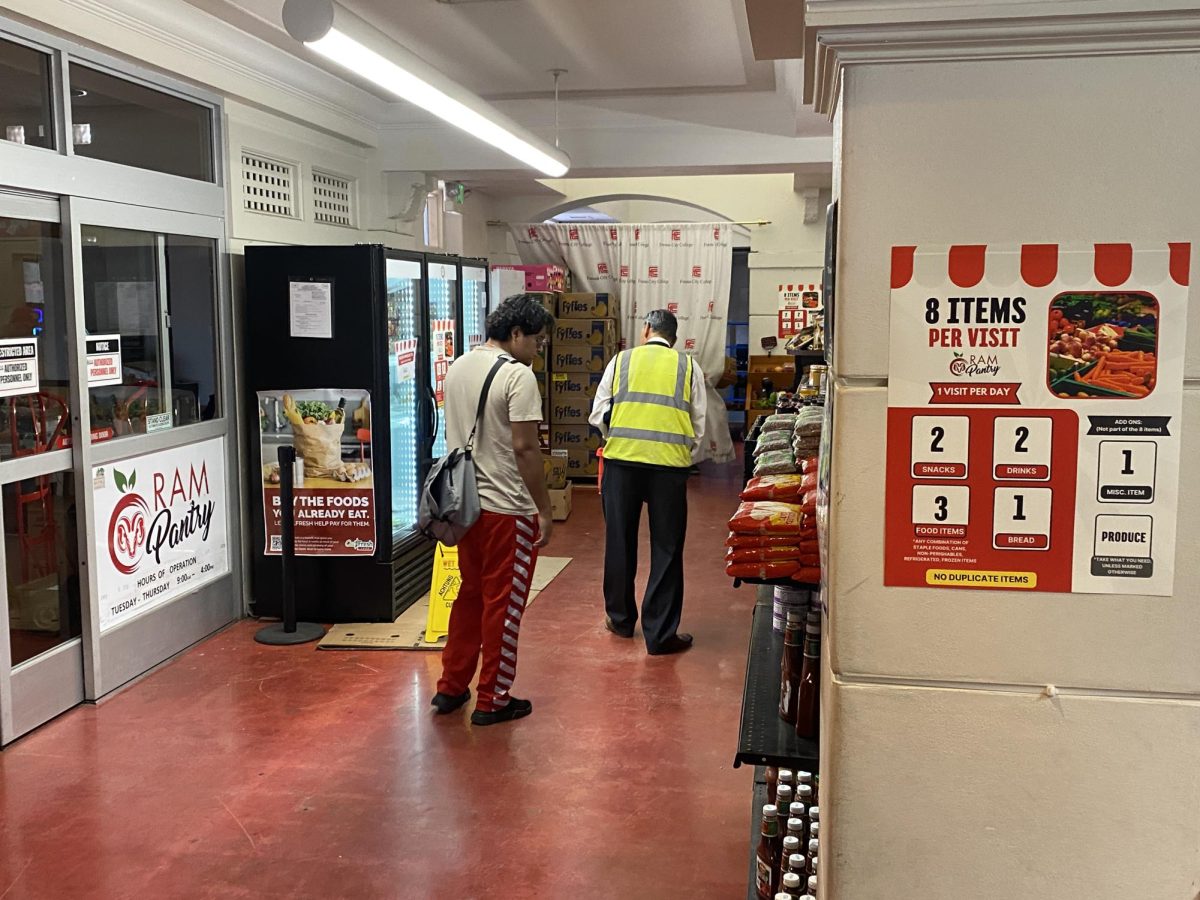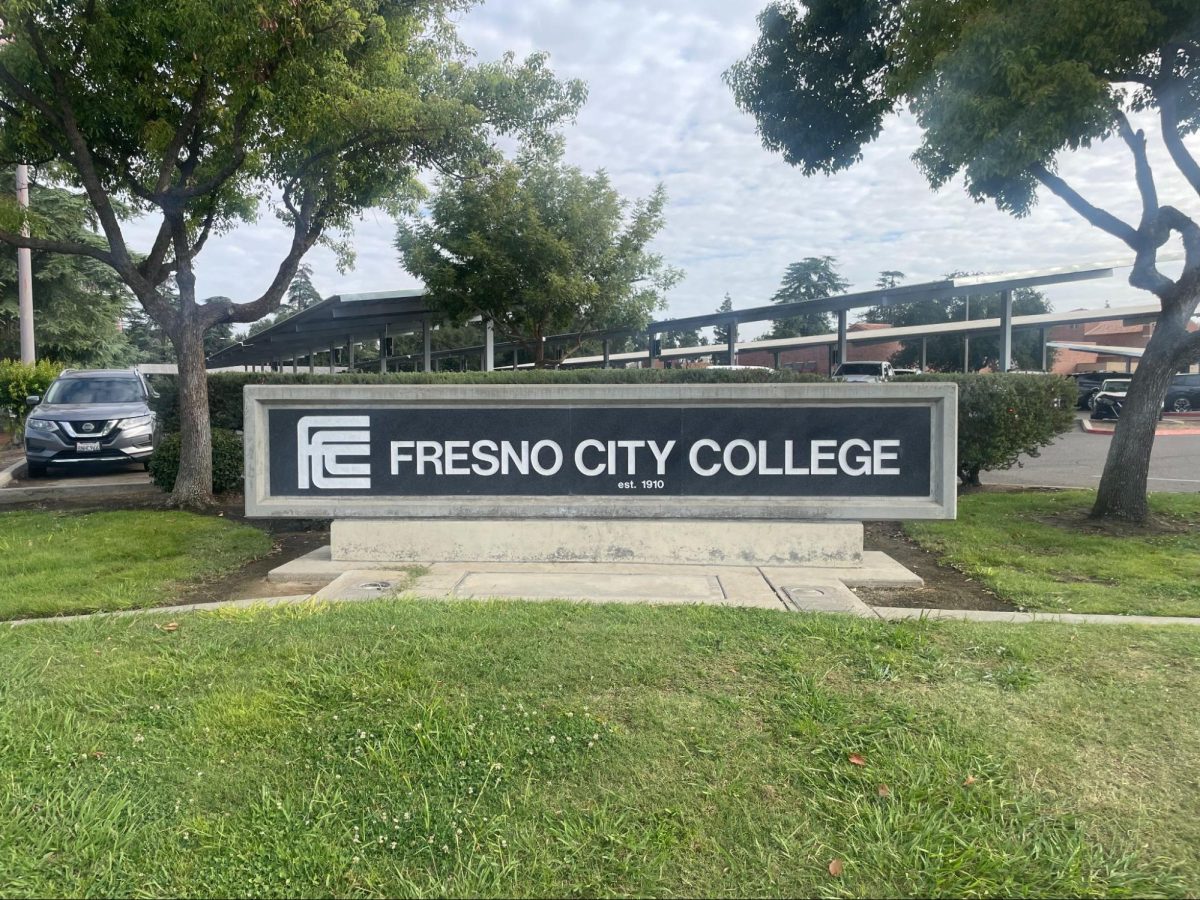With college classes relying on the student’s internet access, the ability to cheat is always right at our fingertips. Thanks to artificial intelligence, passing an exam or writing an essay has never been easier.
AI has effectively eliminated the need for critical thinking among students, the need to use our knowledge to analyze, argue and evaluate reasoning.
Before AI, successful cheating was almost as difficult as learning the course material itself. You had to scour the internet for sources or break through paywalls to find the right answers. At the very least you had to be familiar with the subject.
AI software is being developed for all walks of life; art generation, audio transcription or targeted advertising, problem solving, human conversation and search engine optimization. That last one is what scares me the most.
Google designed and released AI Overview this May to streamline the search for information. Ask Google anything, and the first search result is often an AI Overview that gives you a detailed answer. The information is quick, digestible and generally accurate.
With thousands of online sources being pulled on any given topic you search, being media literate is more important than ever before. This is why AI Overview is so dangerous.
The process of research is stripped in favor of convenience. In the world of education, this is a nightmare.
There is no way for us to learn if we trust the computer to do the work. Online quizzes become obsolete when you can copy multiple choice and true or false questions into the search bar and it will tell you right from wrong. Where is the effort in that?
Since AI Overview appears as the first search result, Google monopolizes information and research from other websites, taking website traffic away from the people who actually deserve it.
Would grade schoolers care enough to support the original authors? How will they know the dangers of trusting the first thing they see, especially when that thing is technically correct?
The same dangers apply to most AI, like ChatGPT. Using software to shortcut human effort saves time in the moment but wastes it in the long run. ChatGPT is not a real writing tool; it borrows from others, but it can’t formulate thought. This is why using it as a resource is so risky.
If the trend of AI reliance doesn’t stop, the next generation of students will be less intelligent, more depressed and more vulnerable to manipulation.
There are some benefits to AI software. Journalists can record an interview to transcribe into text using AI. When dealing with deadlines, this is a huge relief. This same transcription technology offers helpful accessibility to deaf or non-native speakers.
This line gets blurry when dealing with other aspects of journalism. Some reporters use services like OpenAI to write interview questions, or to create an article outline. To me, this is truly dystopian.
The art of the interview is nuanced enough that it could take up an entire college course, and when you are using these tools to think of questions for you, you are doing yourself a disservice as a reporter.
You need to know what the right questions are, and it’s difficult to gain that skill, but you won’t be getting any better at it through AI.
Others will argue that AI is used just as a jumping off point, that it helps exclusively in the conception of ideas more than the actual execution. But even the smallest use of these services gives them more power.
Over time, it will be difficult for people to separate themselves from the AI during their workflow.
If you use AI at all, you have to be aware of the real-world consequences. You need to know that people’s livelihoods are at stake (writers, visual artists and marketers) as long as this technology is advancing in its current state.
There are some easy fixes to consider. If ChatGPT couldn’t be connected to the internet and its text couldn’t be copied, then this would allow people to use it as an actual tool, and not as a cop-out.
A college education isn’t for everyone. Some of the most successful and inspirational people throughout history never made their way to a college campus, and that’s a good thing.
But for the rest of us, a college education seems obvious. Whether our drive is fueled by a desire to better ourselves, a desire to study a vocation, or a desire to please our family, we are all working towards the same end-goal.
And for those committed; committed to spending years of our lives, committed to spending hundreds on books, tuition and gas, why would we take the easy way out? At the end of the day, we are here to learn. And how can we learn if we aren’t the ones doing the work?









